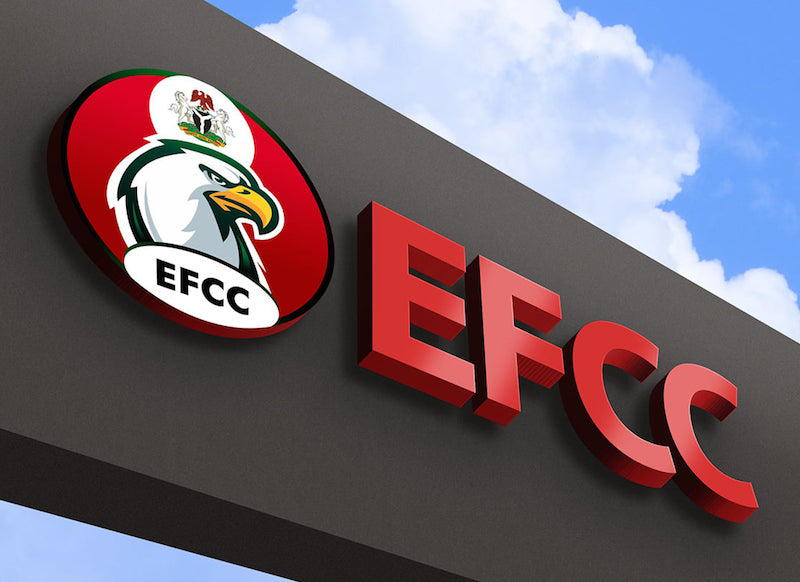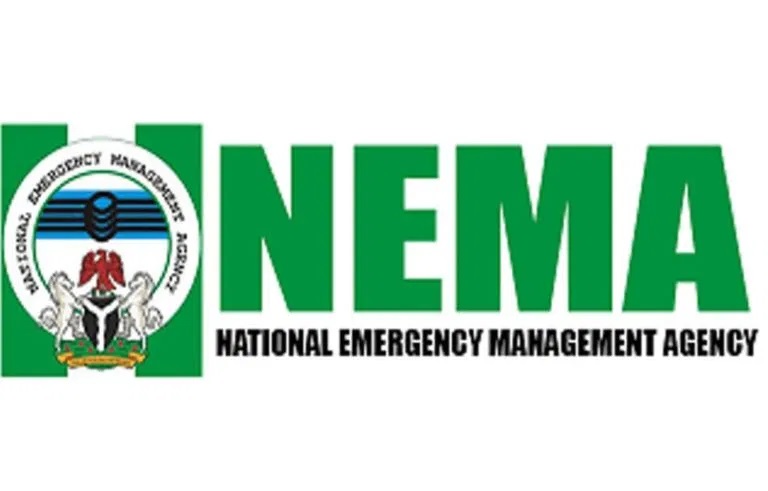Nigeria Customs suspends 4% FOB import charge amid consultations
The Nigeria Customs Service (NCS) has suspended the implementation of a controversial 4 per cent Free-on-Board (FOB) charge on imports, citing ongoing consultations with the finance ministry, trade experts and other business groups.
This was disclosed in a statement signed by the service spokesperson, Abdullahi Maiwada, on Tuesday.
The 4 per cent FOB charge is calculated based on the value of goods at the point of export, excluding shipping and insurance costs. Introduced under the Nigeria Customs Service Act 2023, it was intended to replace the 1 per cent Comprehensive Import Supervision Scheme (CISS) but has been suspended amid concerns over its impact on import costs.
It said the decision follows concerns raised by businesses and industry groups over the new levy, which was introduced under Section 18(1)(a) of the Nigeria Customs Service Act (NCSA) 2023.
The customs service said the suspension would allow for a comprehensive review of its revenue framework, particularly as existing service provider contracts, including those with Webb Fontaine, come to an end.
“The Nigeria Customs Service (NCS) hereby announces the suspension of the implementation of 4% Free-on-Board (FOB) value on imports as provided in Section 18(1)(a) of the Nigeria Customs Service (NCSA) 2023. This is sequel to ongoing consultations with the Honourable Minister of Finance and Coordinating Minister of the Economy, Mr Olawale Edun and other stakeholders.
“This suspension will enable comprehensive stakeholder engagement and consultations regarding the Act’s implementation framework. The timing of this suspension aligns with the exit of the contract agreement with the Service providers, including Webb Fontaine, which were previously funded through the 1% Comprehensive Import Supervision Scheme (CISS). This presents an opportunity to review our revenue framework holistically,” the NCS said in a statement.
The charge was originally designed to replace the 1 per cent Comprehensive Import Supervision Scheme (CISS), which, along with the 7 per cent cost of collection, had previously funded customs operations.
The new structure, the agency argued, was meant to provide a more sustainable funding mechanism for modernisation initiatives, including electronic clearance systems, risk management tools, and digital data exchange platforms.
It said the suspension would ensure a smoother transition while allowing time for stakeholder input. “This transition period will allow the Service to optimise the management of these frameworks to serve our stakeholders and the nation’s interests better,” the statement added.
It cited the NCSA 2023 which grants customs broader powers to modernise its operations through technology. Under Section 28, the agency is mandated to develop electronic systems for information exchange, while other provisions support the implementation of a national single window, non-intrusive inspection equipment, and enhanced risk management.
The Customs Service is already implementing several digital solutions, including the recently deployed B’Odogwu clearance system, which stakeholders are benefiting from through faster clearance times and improved transparency. Other innovative solutions authorised by the Act include; Single Window implementation (Section 33), Risk management systems (Section 32), Non-intrusive inspection equipment (Section 59) and Electronic data exchange facilities (Section 33(3)).
The NCS said it remained committed to revenue generation and trade facilitation but would only proceed with the new charge after a full review.
“We will communicate the revised implementation timeline following the conclusion of stakeholder consultations,” it said.









